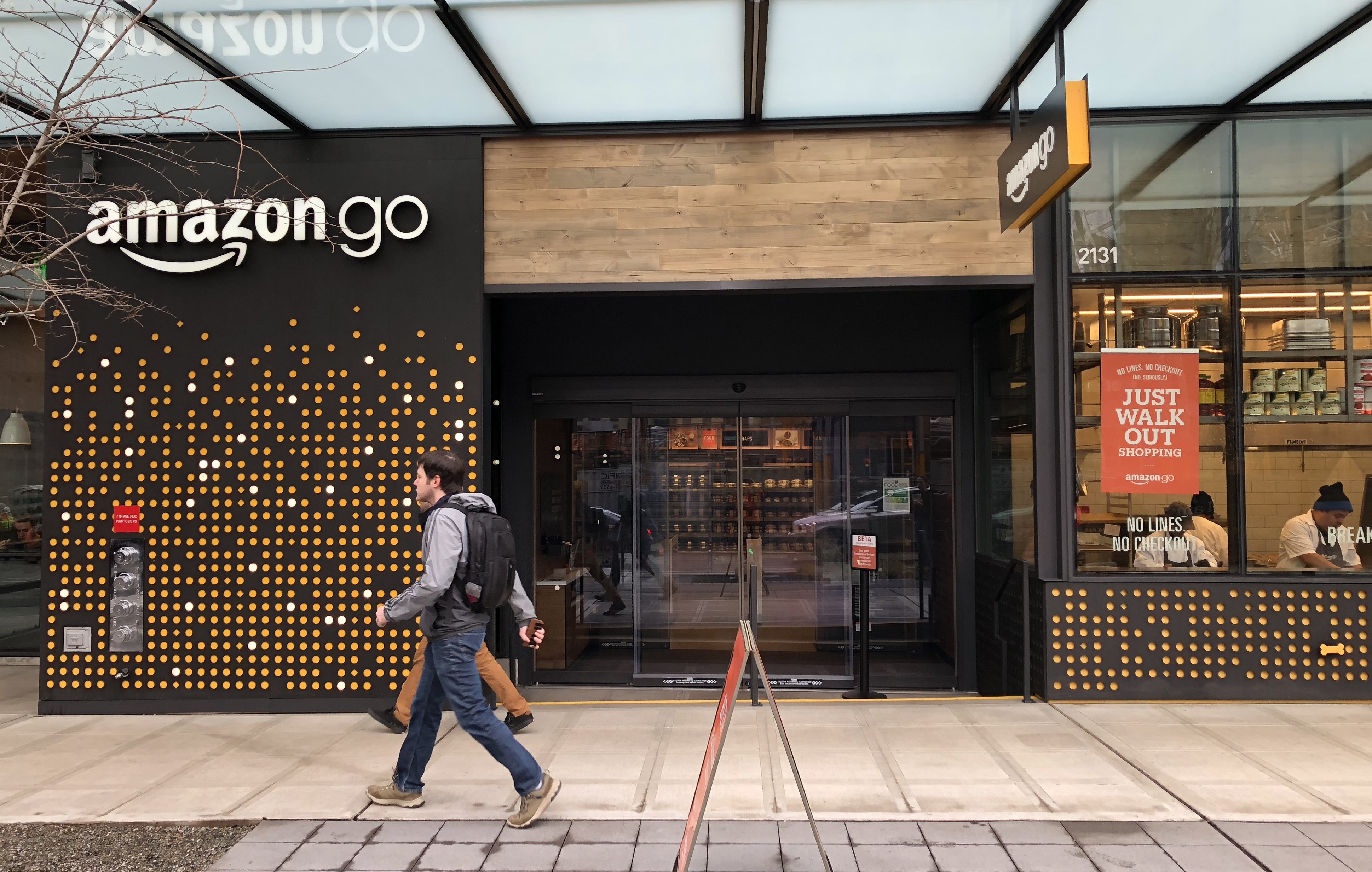
Recently, Amazon has released a cashier-less grocery store public in Seatle, WA. Although its an experiment, its popularity cannot be underestimated as people from all over the city wanted to experience the evolution of “grocery shopping”. Instead of having a checkout section, a smartphone app and hundreds of camera are used. Using Computer-Vision algorithms and Machine Learning together, it is possible for it to figure out what the customer is picking up and charge the credit card connected to the Amazon account.
It first started off as an experiment and for the past year, Amazon employees have tested the technology by buying different kinds of mood and see if everything is accurate. Amazon currently dominates the online marketplace, and with its acquisition of Whole foods and the success of the cashier-less store. Amazon may also revolutionize regular retail shopping. Eventually, Amazon hopes to open up more stores in different locations. Regardless of how crowded it is, the customer controls how long he/she wants to spend in the store. With this logic, it makes shopping very convenient.Amazon is not the only store that is working on cashier-less shopping. A company in China has tested an autonomous store, and a company in silicon valley is working on its own cashier-free store.
However, there are some downsides of this revolution. It may seem weird to scan a QR Code when entering a store and it would definitely take time for people to get used the efficiency of the store. With the lack of human contact, it may be a little unnerving for customers. Additionally, if the autonomous store spreads all over the country, it would make a lot of people lose their jobs as a cashier.
Guest Speaker Drew Wham described how good ML use cases work. Amazon Go is using Machine Learning and Computer Vision together to make our shopping experience seem easy and seamless. The advancement in Computer Vision and Machine Learning shows that there is unlimited potential in using it to make our lives better.
Source:
https://www.technologyreview.com/s/610006/amazons-checkout-free-grocery-store-is-opening-to-the-public/


